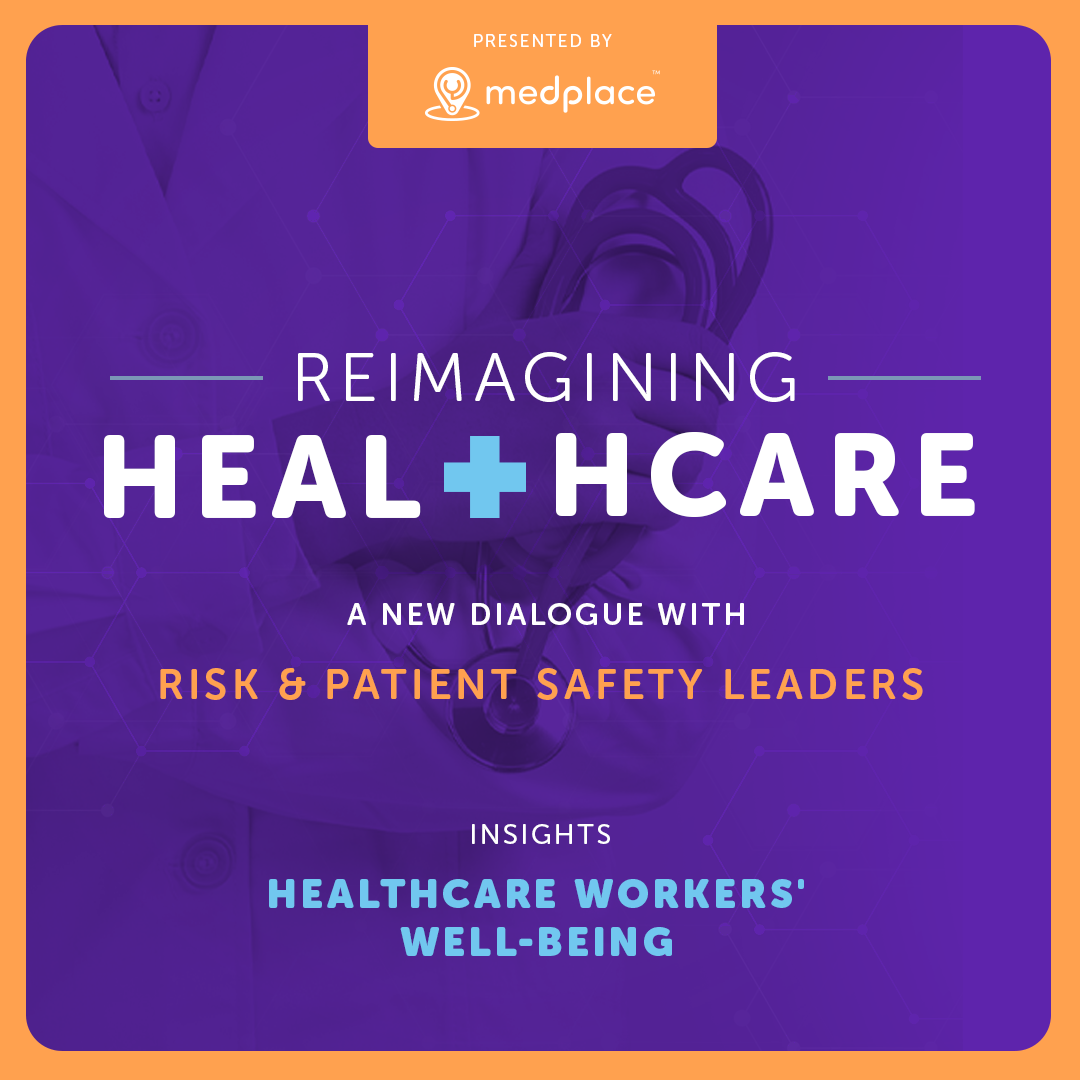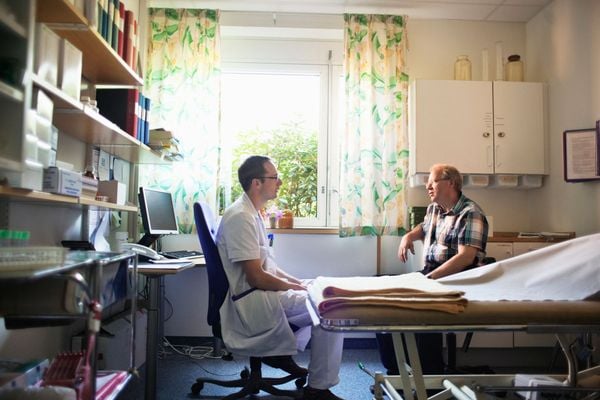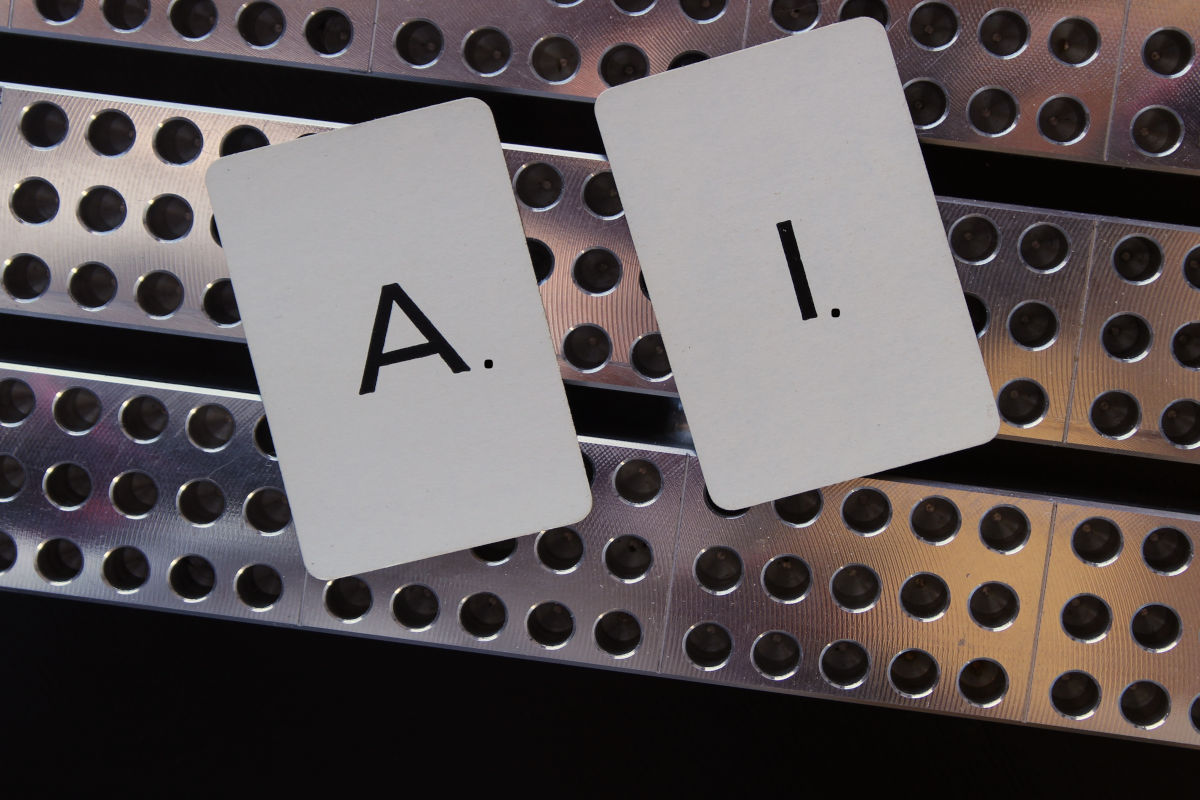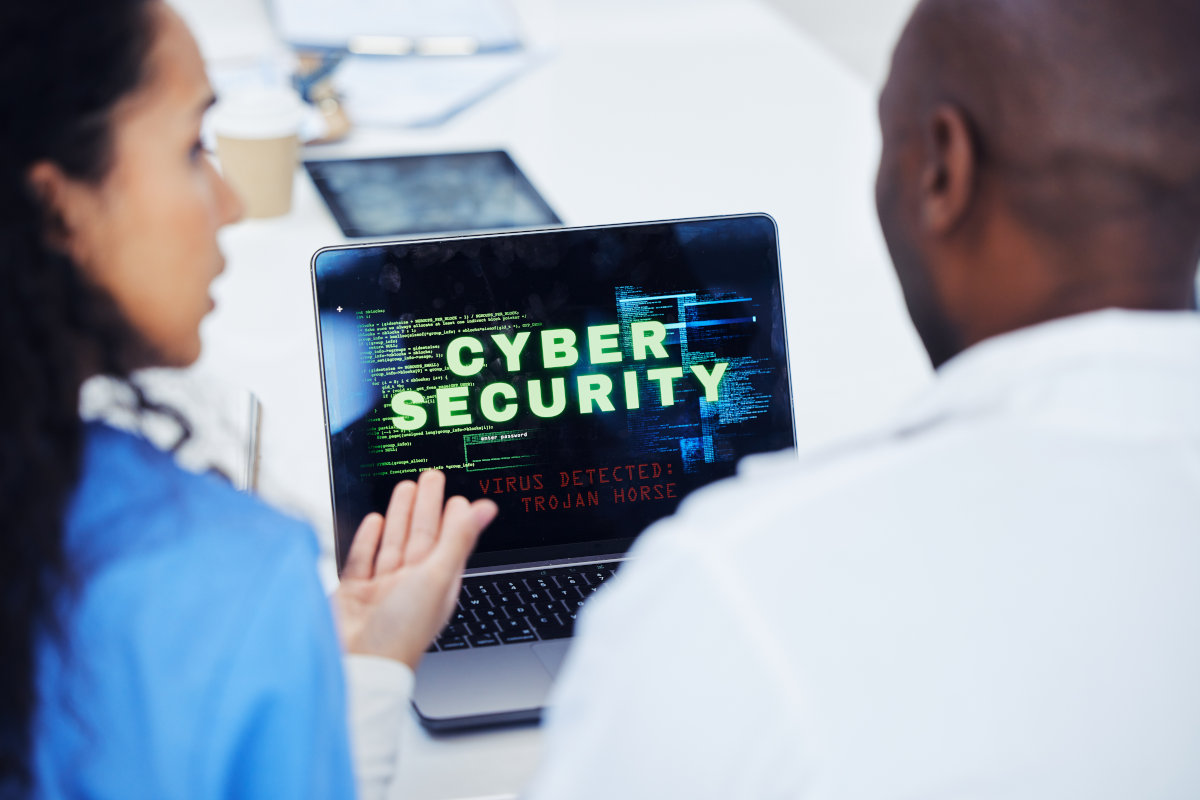Faced with increasing pressure, healthcare workers are experiencing record levels of burnout and poor mental health. Dr. Stephanie Sanderson, a nurse leader, calls upon healthcare organizations to create better working environments that do not push workers to their limit.
Adrienne Fugett, RN shares statistics about the state of nursing and how rising levels of burnout have limited nurse expertise and availability.
Dr. Greenawald, MD of Carilion Clinic, explains the need of a 'buddy system' in healthcare. Using his free PeerRxMed program, clinicians can proactively create the connections that become critical during tough times.
Finally, Jo Shapiro, MD gives an in-depth explanation of the status of peer support implementation in hospitals, including where progress has been made and areas of improvement.






